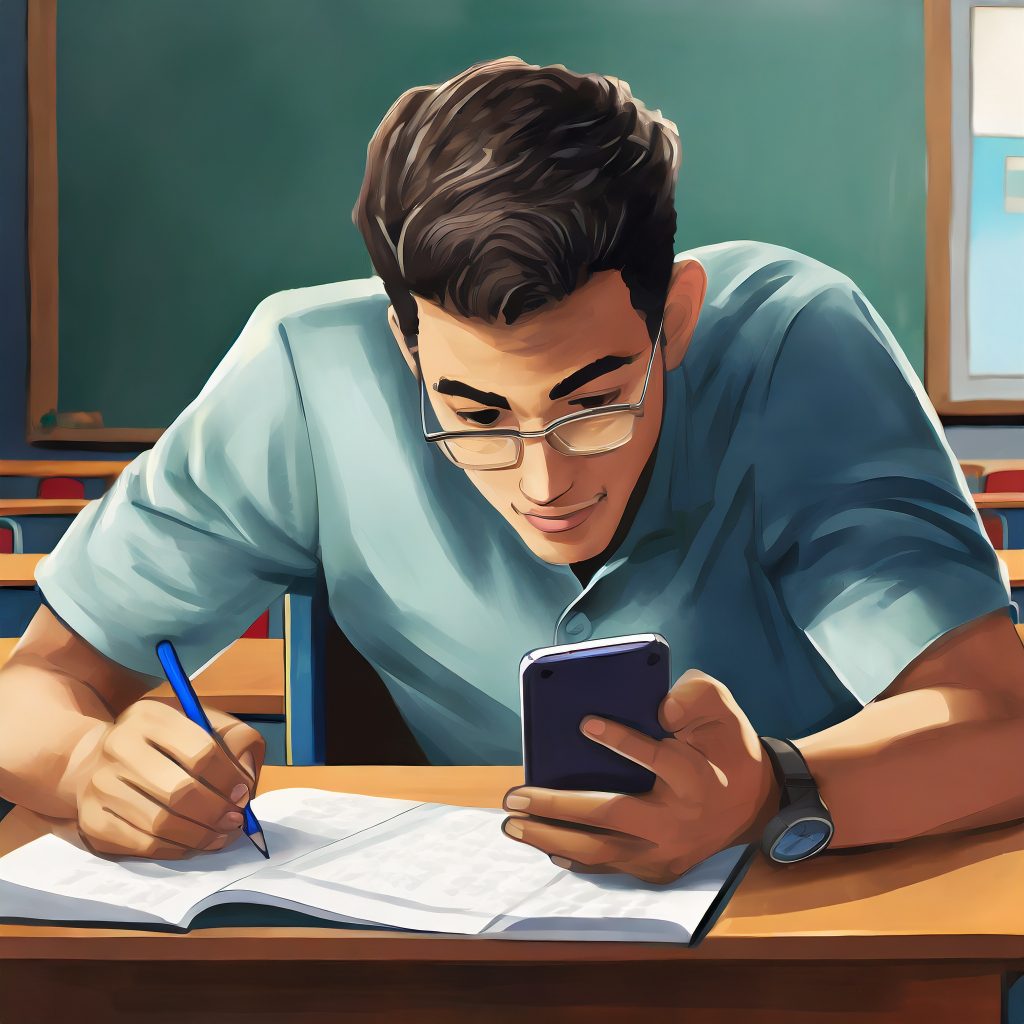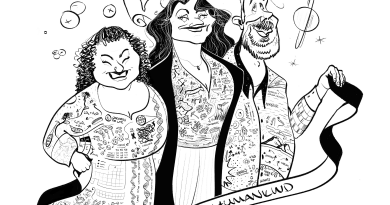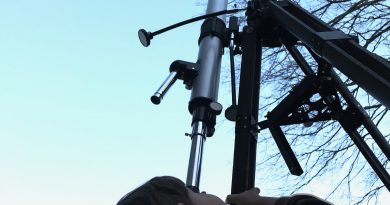
Addressing Academic Integrity in the Age of AI
by Carie Cardamone, Associate Director for STEM, Professional Schools & Assessment
As instructors, we care that our students’ grow by encountering new ideas and experiences in our courses. Therefore, in our classes we ask students to learn and to demonstrate their understanding through the act of doing by creating artifacts, writing papers, solving problems and engaging in activities.
However, with the expansion of the internet, the ease of copy-pasting text, and availability of assignment solutions and writing artifacts increased. In response, many instructors rely on programs such as Turnitin to automatically detect the originality and source material used in papers submitted by students. However, since Fall 2022, advances in artificial intelligence have again upended our belief that we are able to know what a student has independently produced. While AI tools are powerful, they can’t replace meaning found through genuine understanding.
“The future of cheating may look different in terms of the specific forms it takes, but I am firmly convinced that cheating in the future – like cheating in the past and cheating in the present – will happen for understandable reasons, in response to a specific environment, and can best be address through thinking hard about that environment and making modifications that will better motivate the students to learn and give them the tools they need to do so.”
James Lang, Cheating Lessons Learning from Academic Dishonesty, 2013
Now, students who can effectively use advanced generative AI systems can quickly bypass most assignment designs designed to limit AI use. Moreover, our ability to detect the use of AI is not as straightforward as that of copying from existing text sources. AI detection software (& our own instincts) are often inaccurate, biased against non-native English writers, those on the autism spectrum, and those who don’t know how to use these AI tools well. Now we are challenged to hold fast to our deepest values as instructors, while navigating the changing technological landscape in which we are teaching.
In this series we will explore: How can we as individual instructors adapt our assessments and learning activities in a world where students have easy access to advanced AI?
Part 1: Beyond AI Detection – Rethinking Academic Assessments
Part 2: The AI Marble Layer Cake – Reconsidering In-Class and Out-of-Class Learning & Assessment
Part 3: Conversations about Cheating – Revisiting AI & Academic Integrity
Part 4: Serving the AI Layer Cake in Your Classroom? Educational Technology Can Help
See Also:
- Artificial Intelligence Resources for Tufts Faculty and Staff (CELT)
- Designing Courses in the Age of AI (Teaching@Tufts)
- Generative Artificial Intelligence (AI) (TTS)
AI Statement: In the writing of this series, I interacted with Gemini, ChatGPT & Claude to explore various ways each could be used in assisting with the writing process. ChatGPT’s sentence summary of our interactions was “In the development of this article, I engaged in a collaborative dialogue with an AI assistant, utilizing it for brainstorming ideas, refining content structure, and receiving feedback on teaching strategies to address academic integrity in the context of AI’s influence on education.” Claude suggested the following acknowledgement “In crafting this article, the author utilized an AI assistant for brainstorming, content organization, and editorial review, demonstrating a practical application of AI in academic writing.”
Image credit: Image generated with Adobe Firefly



